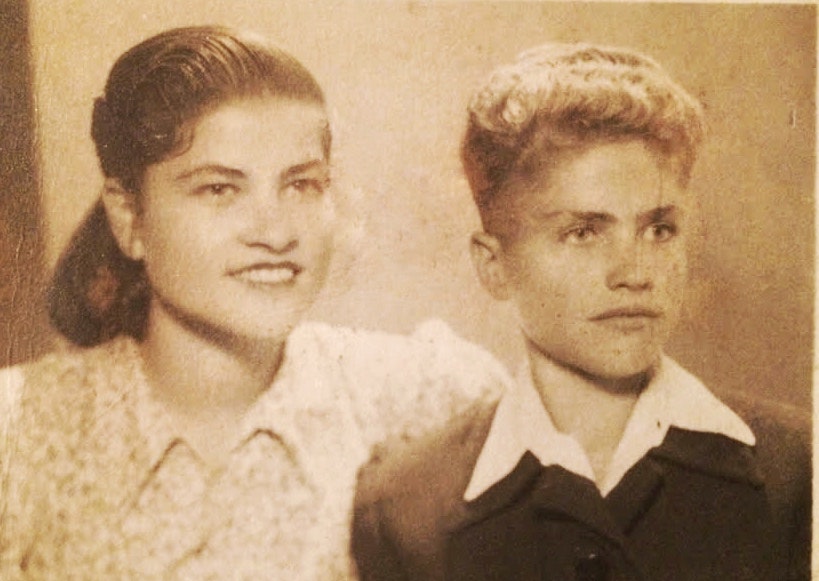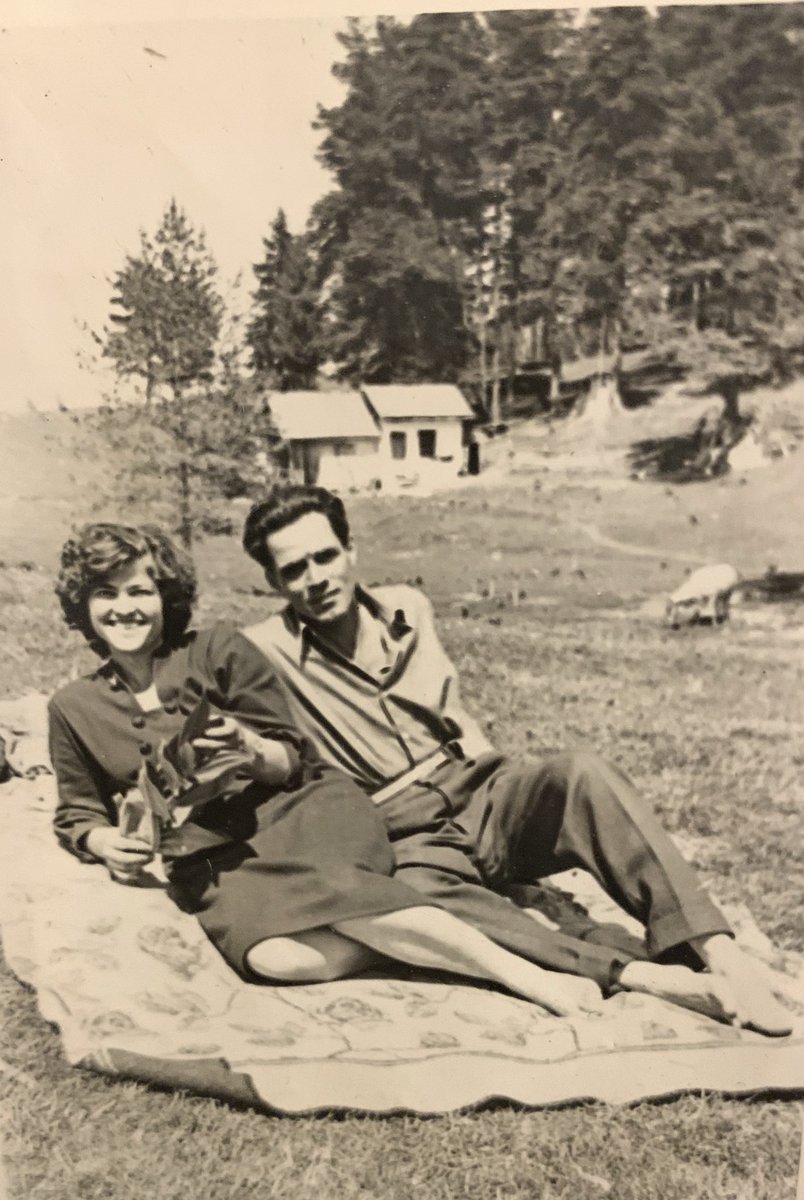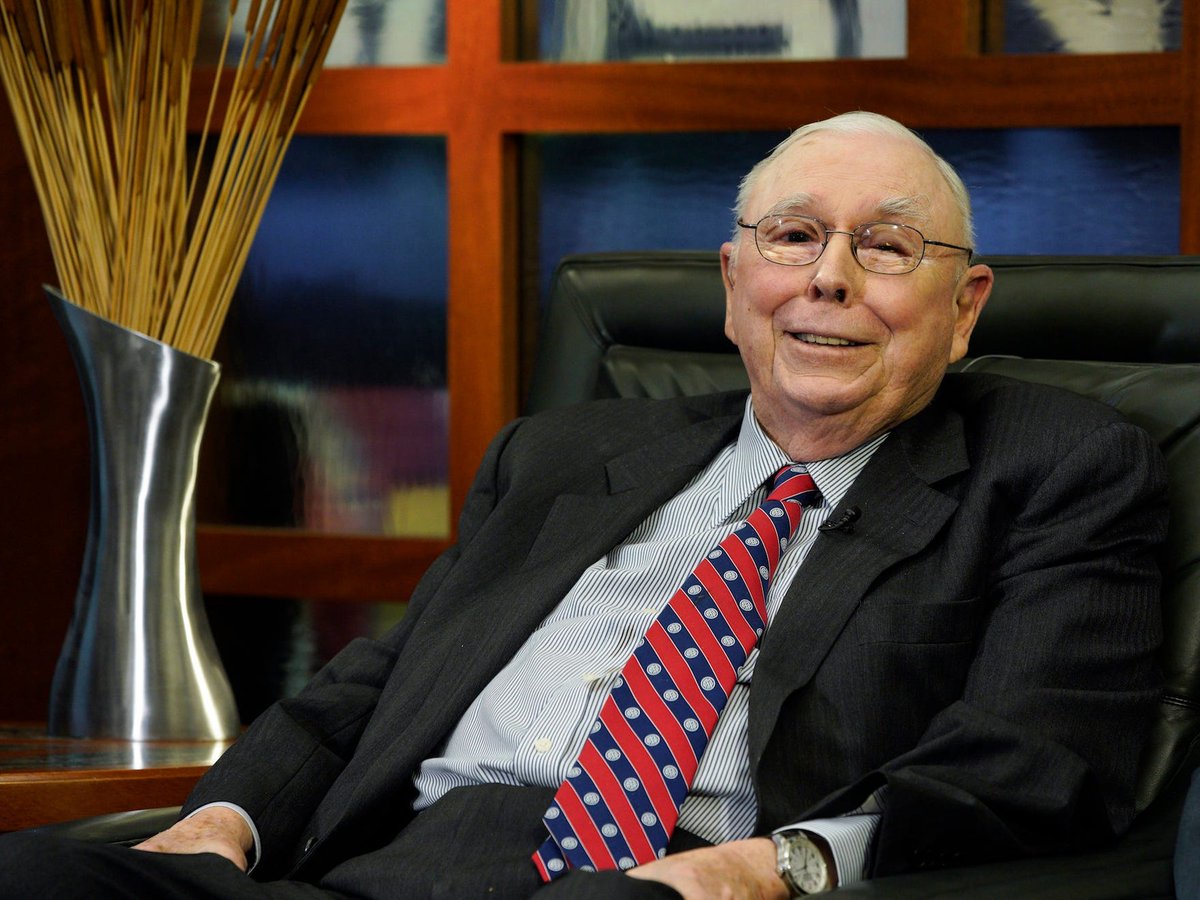
"Intelligence is the ability to adapt to change."
Stephen Hawking led a fascinating life, showing us that there is no boundary to human endeavor and that the human spirit can overcome even the most debilitating blows.
Here's what we can learn 👇
Stephen Hawking led a fascinating life, showing us that there is no boundary to human endeavor and that the human spirit can overcome even the most debilitating blows.
Here's what we can learn 👇

When he was 21, doctors told Hawking that he only had a few years left to live.
He was diagnosed with early-onset ALS, which would gradually paralyze every part of his body.
Hawking would defy the odds and live another 55 years since the day he was given a death sentence.
He was diagnosed with early-onset ALS, which would gradually paralyze every part of his body.
Hawking would defy the odds and live another 55 years since the day he was given a death sentence.

"When you are faced with the possibility of an early death, it makes you realize that life is worth living and that there are lots of things you want to do," he said.
Indeed, he went on to do a lot of things.
Indeed, he went on to do a lot of things.
He went on to have a long career in science in which he explored the bottomless gravitational pits in the universe known as black holes.
In 1974, Hawking made a breakthrough discovery thanks to his rigorous calculations: Black holes weren't "perfectly black."
In 1974, Hawking made a breakthrough discovery thanks to his rigorous calculations: Black holes weren't "perfectly black."

While Hawking's mind was at its peak, his body kept deteriorating.
In 1985, Hawking came down with pneumonia so severe that doctors asked his wife if she wanted to shut off his life support.
She said no, and this began Hawking's next chapter.
In 1985, Hawking came down with pneumonia so severe that doctors asked his wife if she wanted to shut off his life support.
She said no, and this began Hawking's next chapter.
Hawking survived, but his voice was gone forever.
A computer expert wrote a program that allowed Hawking to communicate through a computer via an infrared beam.
He activated it by tensing one muscle in his cheek. It allowed him to speak, write books, and browse the internet.
A computer expert wrote a program that allowed Hawking to communicate through a computer via an infrared beam.
He activated it by tensing one muscle in his cheek. It allowed him to speak, write books, and browse the internet.
Hawking was a man who pushed the limits in his personal, professional, and intellectual lives.
He wrote best-selling books, visited every continent, became a father, appeared on "The Simpsons," went up on a hot-air balloon, and took part in a zero-gravity flight.
He wrote best-selling books, visited every continent, became a father, appeared on "The Simpsons," went up on a hot-air balloon, and took part in a zero-gravity flight.

He didn't live life in fear of death. “My expectations were reduced to zero when I was 21. Everything since then has been a bonus.”
And I'll leave you with this one big reminder from Hawking:
And I'll leave you with this one big reminder from Hawking:
“Black holes ain’t as black as they are painted. They're not the eternal prisons they were once thought. Things can get out of a black hole, both to the outside, and possibly, to another universe. So if you feel you are in a black hole, don’t give up. There’s a way out.”
✨
✨
• • •
Missing some Tweet in this thread? You can try to
force a refresh







